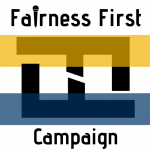
Learn more
Community Engagement Core
Creating a shared vision of health equity research
The Community Engagement Core (CEC) endeavors to cultivate and sustain productive collaborations and partnerships with community-based organizations and leaders in meaningful ways that foster awareness and participation in health equity research among diverse populations in Arizona. Guided by a four direction framework and in collaboration with our CEC Advisory Council, the CEC aims to effect change through: Dialogue, Knowledge, Action, and Reflection.
Our geographic focus includes the six Northern Arizona Counties of Apache, Coconino, Gila, Mojave, Navajo and Yavapai, including Yuma and the 15 Native Nations of Chemehuevi, Cocopah, Ft. Mojave, Havasupai, Hopi, Hualapai, Kaibab Paiute, Navajo, Quechan, San Carlos Apache, San Juan Southern Paiute, Tonto Apache, White Mountain Apache, Yavapai Apache, and Yavapai Prescott.
Health equity means that everyone has a fair and just opportunity to be healthier. This requires removing obstacles to health such as poverty, discrimination, and their consequences, including powerlessness and lack of access to good jobs with fair pay, quality education and housing, safe environments, and health care.
– Robert Wood Johnson Foundation
Community Engagement Core initiatives
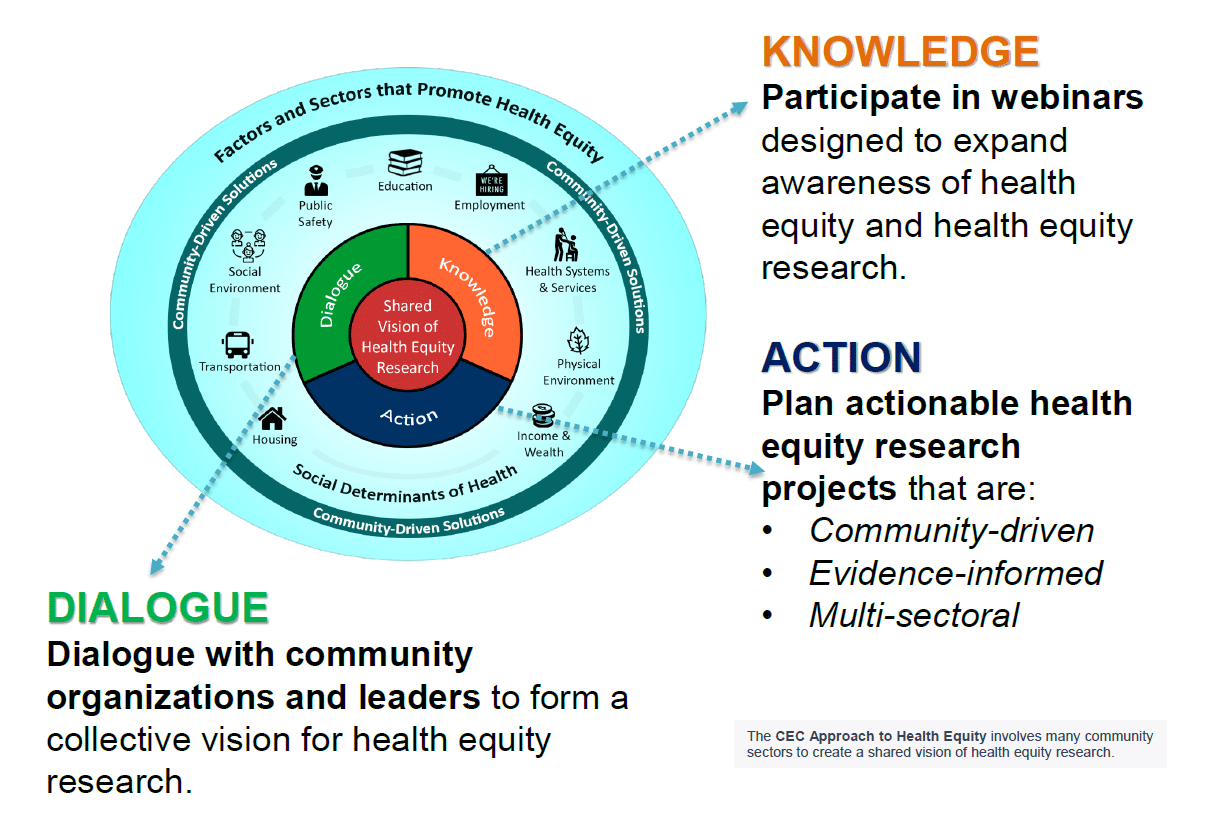
Dialogue: Engages community and organizational leadership in a series of surveys and face to face workshops to :
- Develop a shared vision of health equity and health equity research among stakeholders representing various sectors of our communities
- Establish a shared set of measures to monitor, prioritize, and act on health equity research
- Identify and share local research, practice, and policy approaches to address health disparities
- Understand how to build productive and sustainable partnerships between communities, researchers, and other stakeholders
Knowledge: Creates and facilitates regular webinars, podcasts and other interactive web-based dialogue about successful community-university collaborations to promote health equity through research.
Action: Mobilizes public-private and community-based organizations to plan actionable health equity research projects that are community driven, evidenced informed and involve multiple sectors such as housing, education, economic development, justice, health systems, planning etc.
Reflection: Assesses the CEC ability to increase community and research capacity, resilience and readiness for collaborative health equity research. Key outcomes will be understanding of roles in and evolution of partnerships, promoters of health-related resilience such as community collective action and advocacy and willingness to invest in health equity research.
Community Engagement Core – Our team
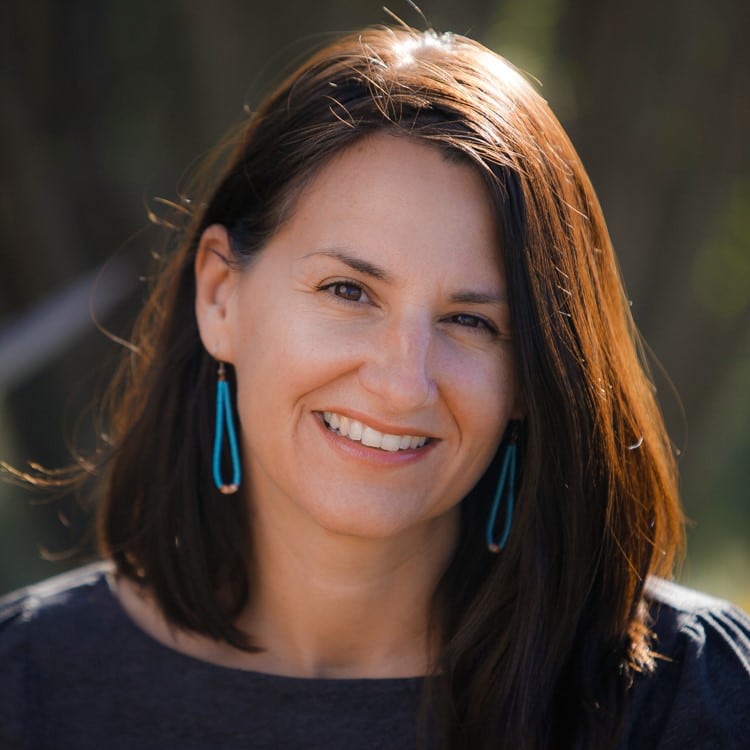
Samantha Sabo, DrPH, MPH
Community Engagement Core Lead
Associate Professor, Health Sciences
Social and political context of chronic disease, border health, indigenous community health, Community Health Workers, social determinants of health of vulnerable populations, community-based participatory research
Contact
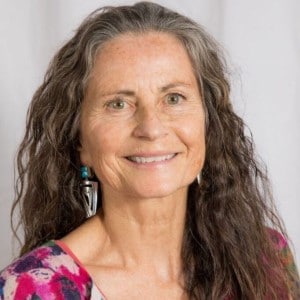
Nicolette Teufel-Shone, PhD
Community Engagement Core Co-lead
Professor, Health Sciences
Building community capacity to address health promotion in Native American communities, chronic disease prevention
Contact
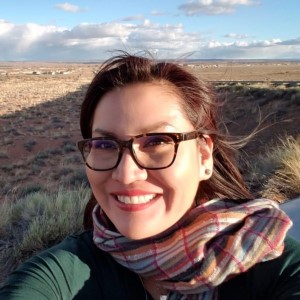
Carmenlita Chief, MPH
Research Coordinator, Senior
Indigenous health promotion and policy, community-based participatory research, health communication

Caroline Mende
Research Coordinator
Medical anthropology, mixed methods, applied research, publication and research communication
Contact

Alexandra Olin
MPH Student
Sexual and reproductive health equity and promotion, queer health, community-based participatory research
Contact

Mark Remiker, MA
Research Coordinator, Senior
Anthropology, social networks, social epidemiology, mixed methods, behavioral health integration, health information technology
Contact